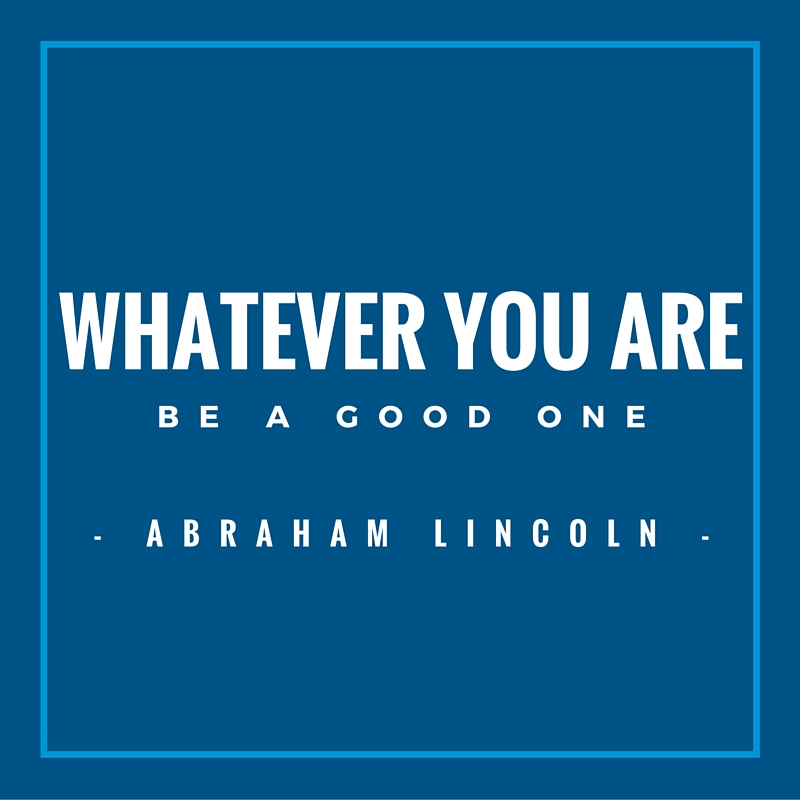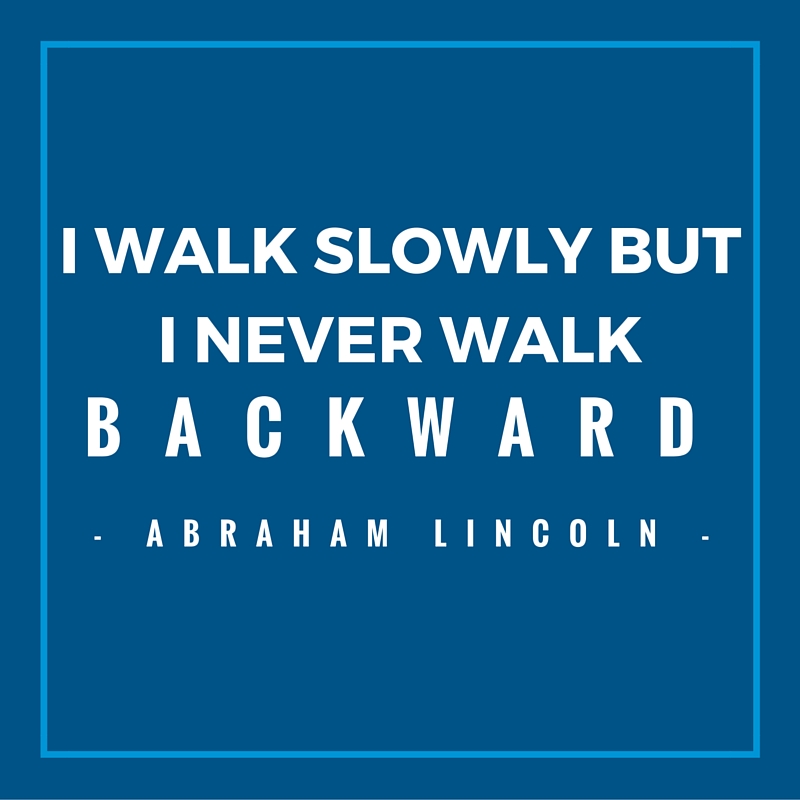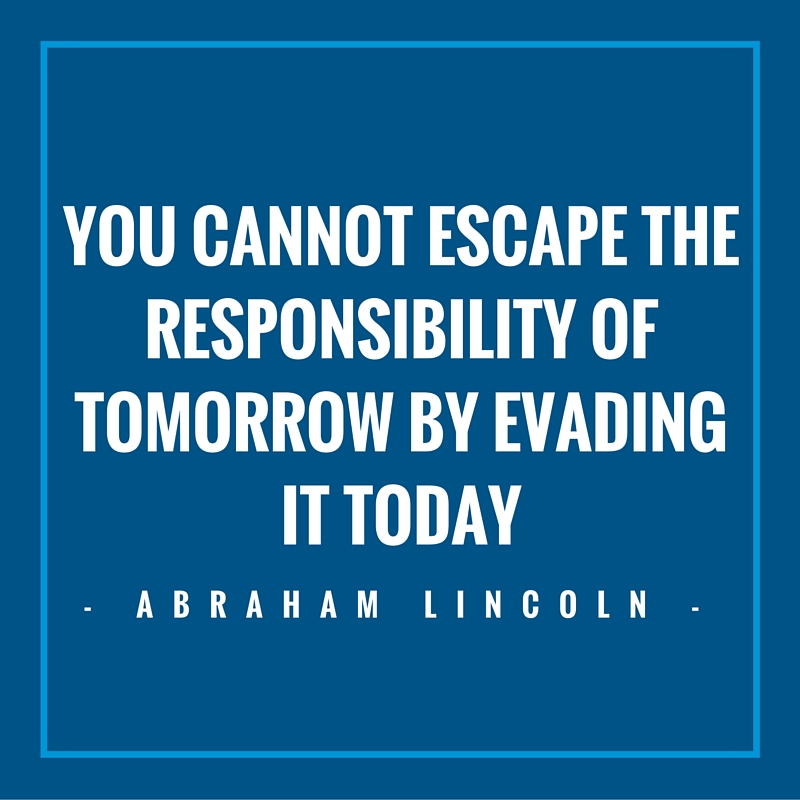If so, it’s time to act.
It’s hard to believe it’s back-to-school season already. Summer break has come to an end as college students across the country move back to their dorms or apartments.
Many of these students will take up an unpaid internship during their spare time. These positions can be a great way to get on-the-job training and experience.
However, what if you start your unpaid internship and notice that you’re not learning anything? You aren’t given much (if any) direction, and the only time your manager asks for your help is when he needs furniture moved or a window washed.
Is this normal, or are you being taken advantage of? Look for these warning signs.







 s time to break a taboo: college isn’t for everyone. For many, there’s a better—but much less advertised—option: Career Technical Education (CTE). Let’s be more specific. A four-year stay at a traditional university won’t be the best fit for everyone. College is right for many people—but certainly it’s not right for everyone.
s time to break a taboo: college isn’t for everyone. For many, there’s a better—but much less advertised—option: Career Technical Education (CTE). Let’s be more specific. A four-year stay at a traditional university won’t be the best fit for everyone. College is right for many people—but certainly it’s not right for everyone.

